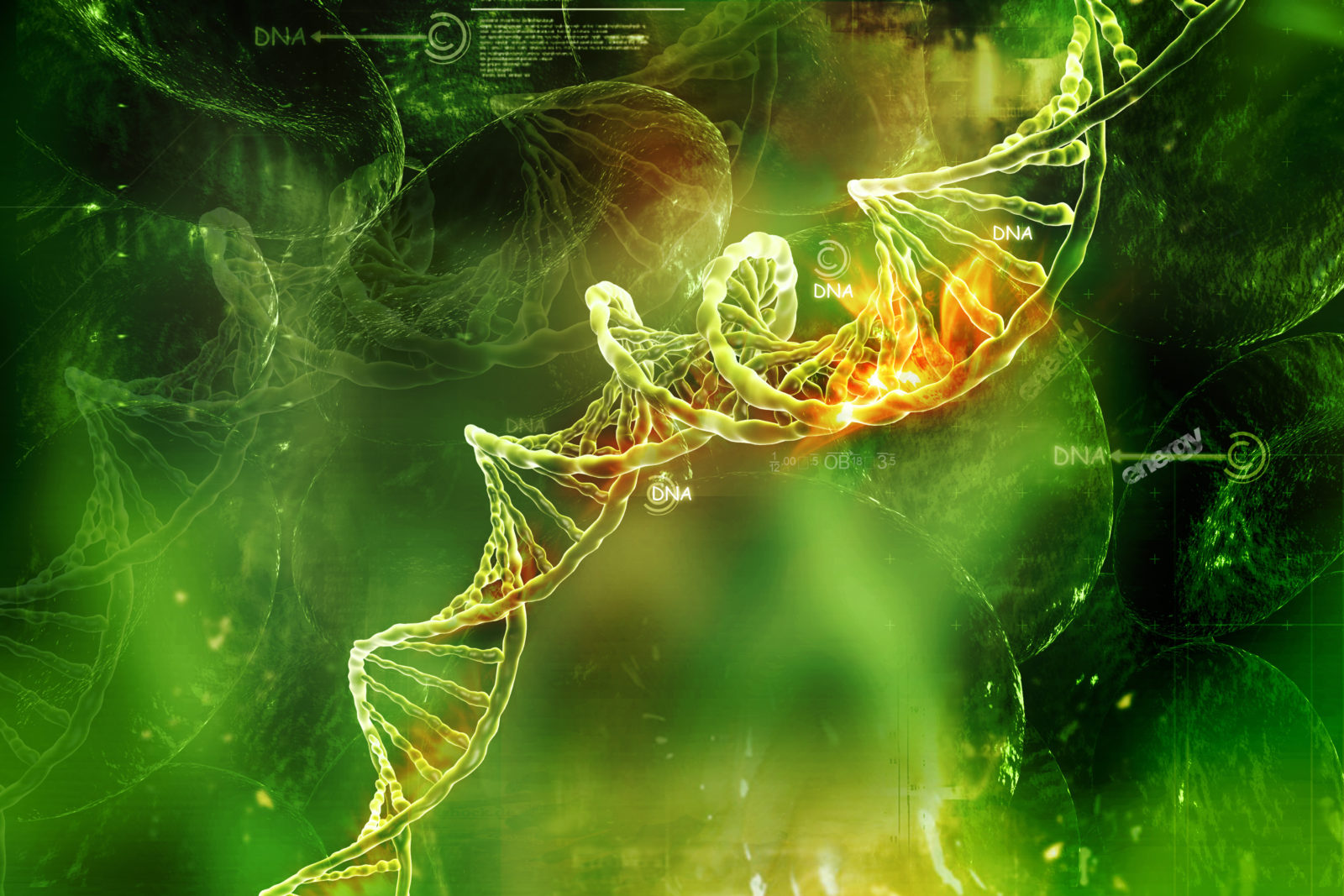Death on Demand
Should laws against assisted suicide be rescinded as “paternalistic?” Should assisted suicide be transformed from what is now a crime (in most places) into a sacred “right to die”? Should assisted suicide be redefined from a form of homicide into a legitimate “medical treatment” readily available to all persistently suffering people, including to the mentally ill? According to Brown University Read More ›



